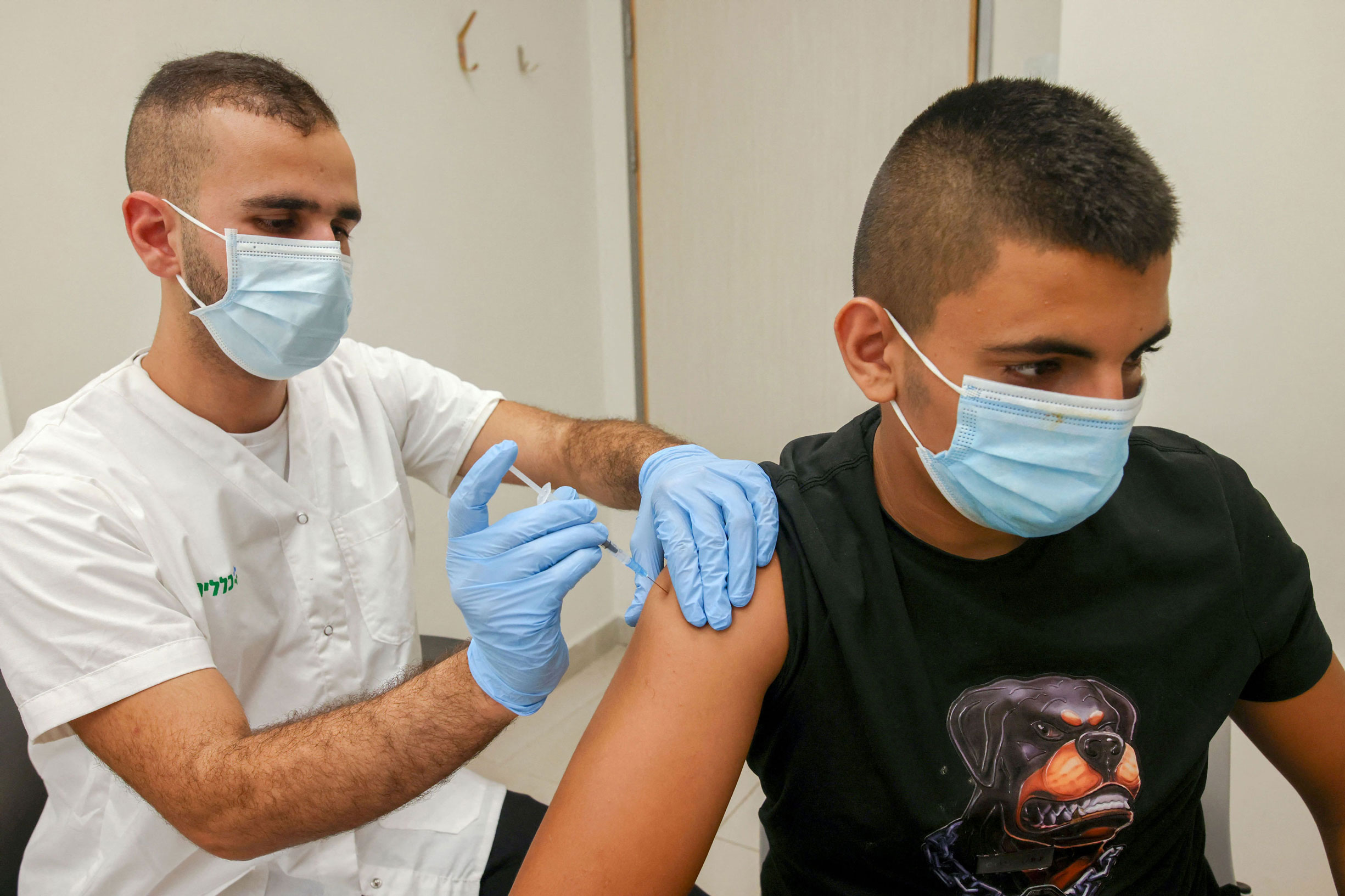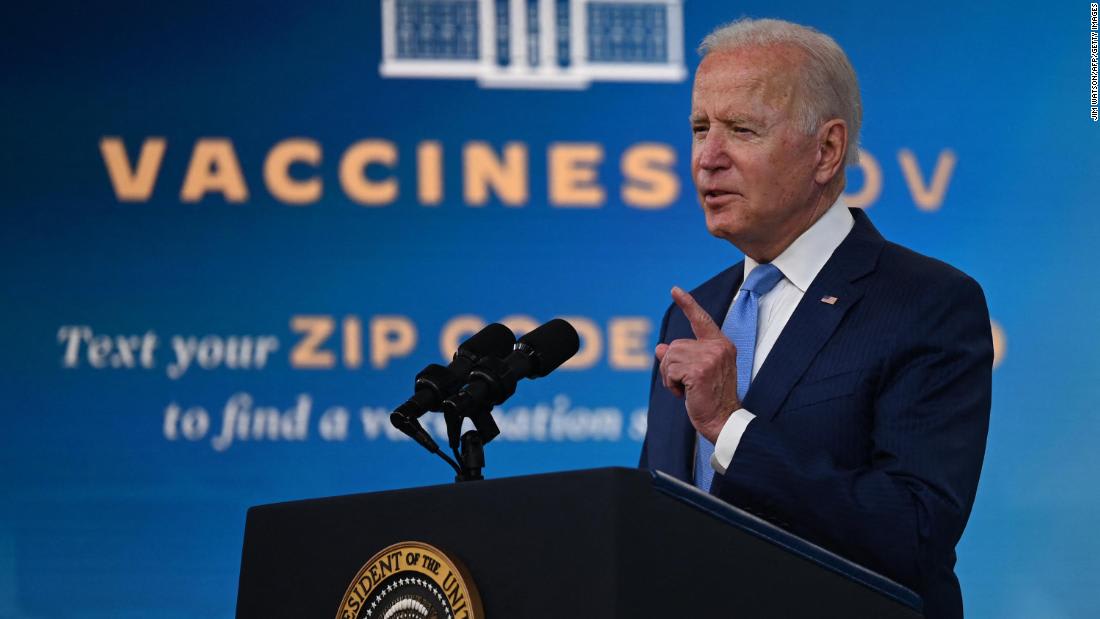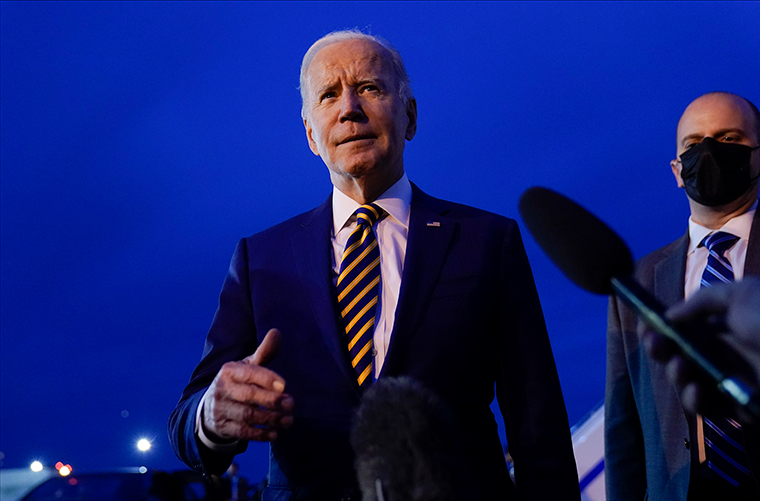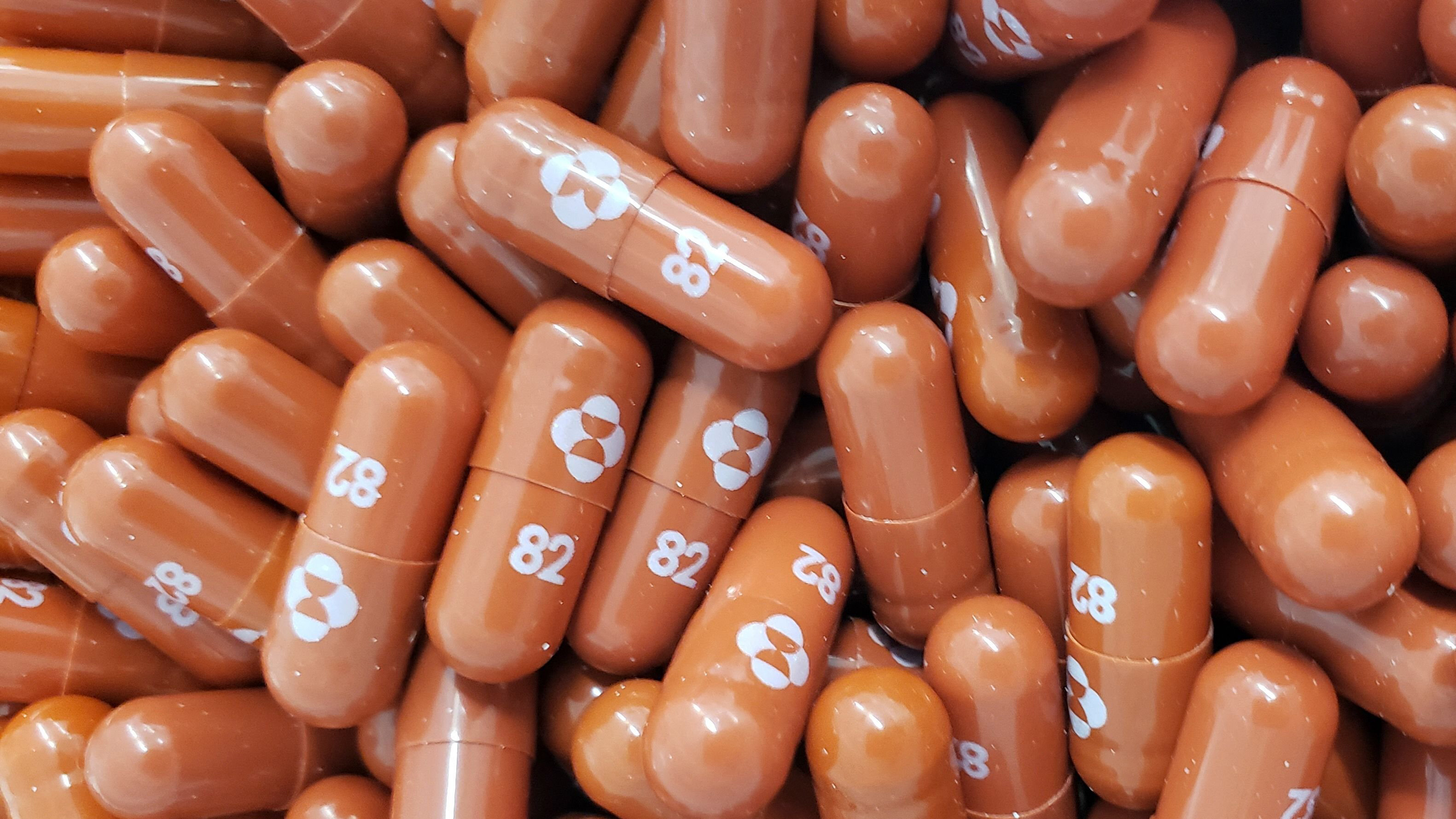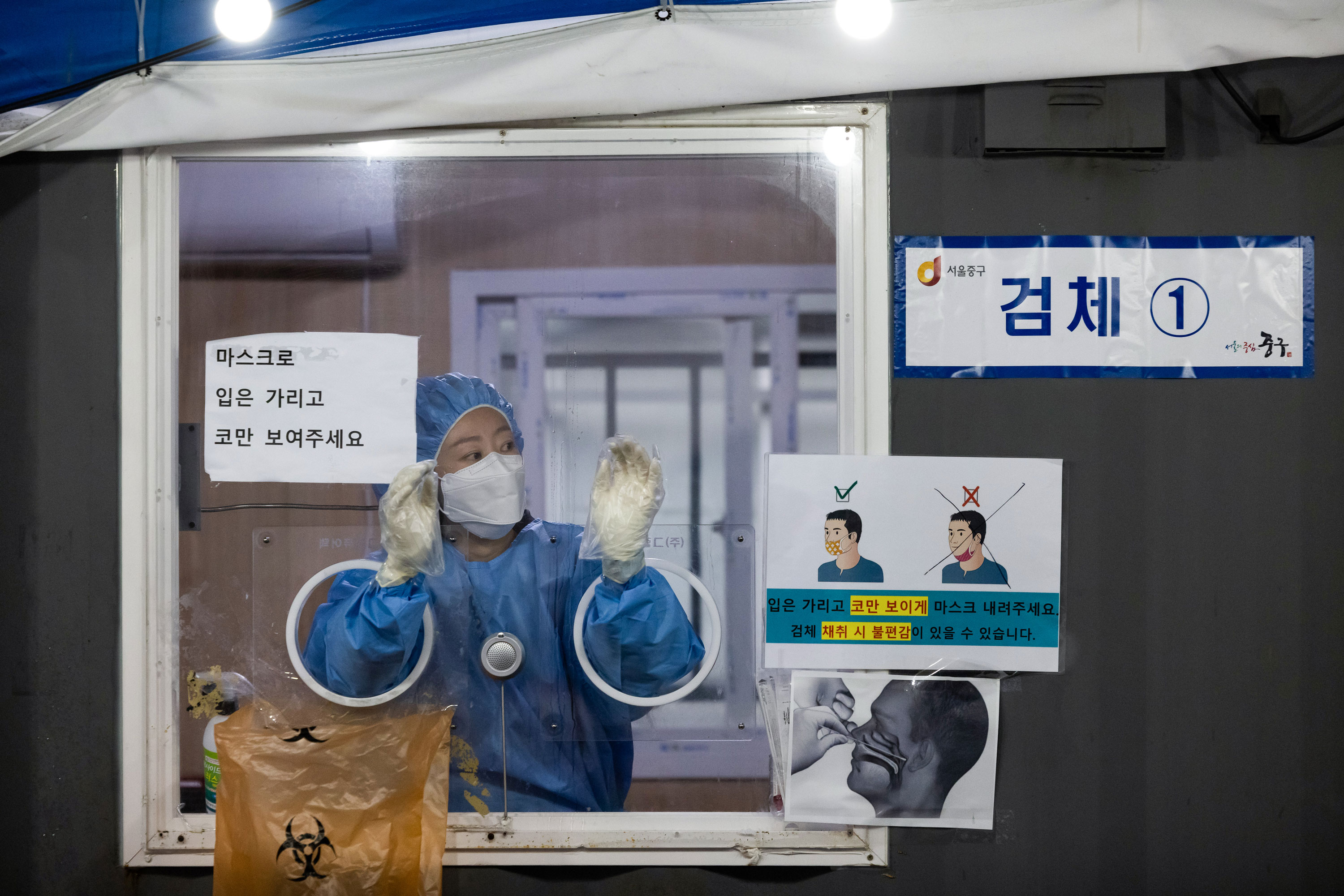
South Korea recorded 5,123 new Covid-19 cases on Tuesday, a record single-day figure, according to a news release from the Korea Disease Control and Prevention Agency (KDCA).
KDCA said 5,075 of the new infections were locally transmitted, with 4,110 detected in the Seoul Metropolitan Area.
The country also reported 34 additional fatalities, bringing the total death toll to 3,658, according to KDCA. Some 723 patients are in critical condition, KDCA added.
South Korea has now reported a total of 452,350 cases.
As of Wednesday, 82.9% of the population had received at least one Covid-19 vaccine dose and 79.9% had been fully vaccinated, KDCA said.
Suspected Omicron cases: South Korea is investigating at least two suspected cases of the Omicron variant, with results due on Wednesday.
Meanwhile, South Korea's Health Ministry and KDCA will form a task force along with related ministries to respond to the Omicron variant.
